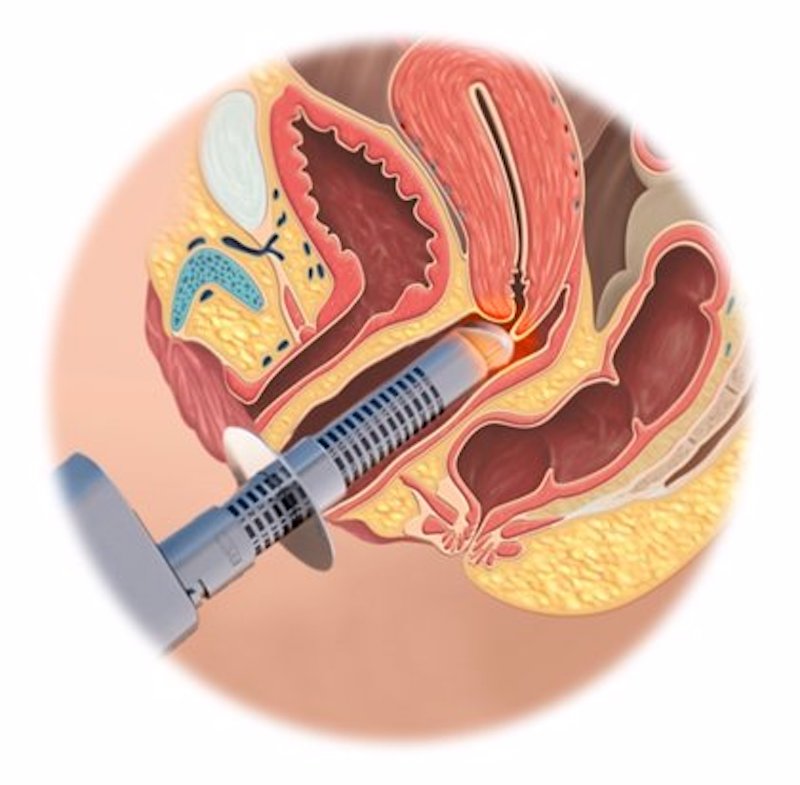Vaginal laser for vaginal discomfort
What is the MonaLisa Touch?
The MonaLisa Touch is an innovative laser treatment designed to treat the reduced vaginal function and discomfort associated with hormonal changes. This system can treat the symptoms of vaginal atrophy such as burning, dryness and itching through minimally invasive laser therapy.
The MonaLisa Touch helps patients by rehydrating the walls of the vagina and stimulating collagen production, which can help treat discomfort and reverse vaginal atrophy.
Childbirth, as anyone who has gone through it knows, can feel like an extreme sport. And it turns out that some birth-related injuries are surprisingly like sports injuries, including the very long time they take to heal. Many women suffer in silence, and those who seek treatment find their options limited to oestrogen therapy, special exercises or additional medications that are not suitable for everyone.

Vaginal laser therapy
Prof. Breymann is proud to offer his patients a new vaginal laser therapy called MonaLisa Touch to treat symptoms such as vaginal burning or itching, urinary incontinence including stress and urge incontinence, painful intercourse, vaginal laxity problems and chronic vaginal infections.
In the course of our lives, 4 out of 5 women suffer from at least one of these problems. Whether you are a new mother or a grandmother feeling the effects of the menopause, Prof. Breymann will create a tailor-made treatment option for you with the MonaLisa Touch.





